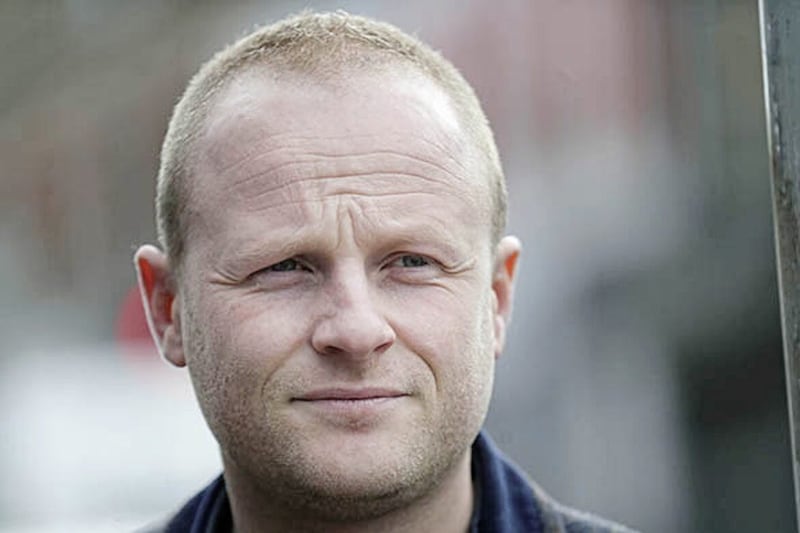After two years of prevarication climaxed with a night of high drama relayed unexpectedly via social media, Sir Jeffrey Donaldson finally managed to get the DUP over the line. It was the closing of one tortuous chapter and the start of another that may prove to be even more intriguing.
Support from the party’s executive was “decisive”, the Lagan Valley MP said, though the outcome not perfect. The level of support within the DUP’s 12-member officer board is not known, with many speculating it’s a finely poised 7-5 behind Sir Jeffrey, however, it was enough for the leader to take his proposal to the executive and gain its endorsement.
As presented by the DUP leader, what’s on offer looks reasonably substantial, though the coming days will help separate the spin from the facts.
There is obviously dissent within the ranks, as illustrated by the brazen leaking of Monday night’s meeting at the Larchfield Estate to loyalist activist Jamie Bryson, an avowed opponent of efforts to find a pragmatic solution to unionist concerns around the protocol.
Opposition from the TUV and assorted individuals generally opposed to power-sharing is vocal but it’s debatable whether the outrage over what for the ordinary man or woman on the street is an abstract notion can translate into widespread protest or any electoral threat to the DUP. One potential tactic for silencing the critics would be to remind them that unionist in-fighting only benefits its opponents
For the sake of his authority, decisive action needs to taken in regards to the source of the leaks that have embarrassed and undermined Sir Jeffrey in recent weeks.
Whoever is responsible appears to have put grievance ahead of party loyalty, using surreptitious political point scoring as cover for a personal vendetta. Failure to address this open wound will only allow it to fester and likely flare up at some crucial juncture in the future.

The details of the deal outlined to the DUP executive ahead of its vote are expected to published by the British government on Thursday. Expect every line to be pored over by Sir Jeffrey’s critics, who are already arguing that he’s oversold a deal that retains the Irish Sea border and sees EU law continue to apply in Northern Ireland.
Already doubt has been cast on the DUP leader’s claim that there will be “zero checks, zero customs paperwork” on goods moving within the UK – a significant concession if it does turn out to be the case.
While measures to limit regulatory divergence between the UK and EU are a central plank of the solution, such a move will anger a particular Tory cohort, an albeit much less influential one than was previously the case. Northern Ireland Office minister and one-time arch Brexiteer Steve Baker has already claimed on X that there are “no commitments of any kind as part of this deal to align GB with EU law - or prevent GB from diverging from any retained EU law”.
DUP unity, and at the very least the acquiescence of key figures like Lord Nigel Dodds, will be key in ensuring the leadership’s strategy prevails. Cracks are bound to appear, publicly and privately, but if they appear in predictable places then arguably they can be managed.
If all goes according to plan, it’s possible we may have an executive in place with a few days to spare before the February 8 deadline expires.
Further dithering will only frustrate the public and enable the deal’s opponents to agitate and unsettle those whose support may waver.
Sir Jeffrey Donaldson has dumfounded his critics over the past week, demonstrating some uncharacteristic mettle to complement the negotiating skills that were always apparent.
He needs to hold his nerve and keep senior figures on board but there’s every chance that his decision to run with this deal could force a fracture in unionism and yet more drama in the months ahead.





